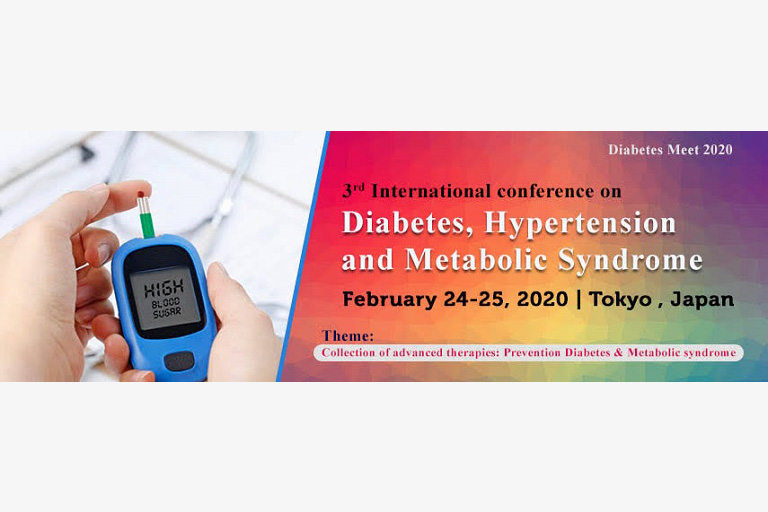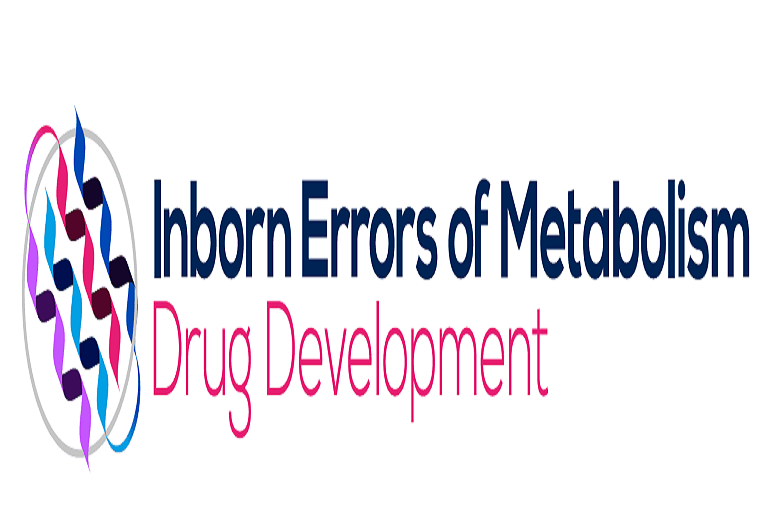South Korea has been lauded as a role model in its containment and flattening the curve of COVID-19 infections through a combination of rapid intervention, extensive testing for the virus, contact tracing/surveillance and enlisting the public’s health, according to a report by The New York Times.
Another critical component of helping manage and contain the spread of the virus is the role of healthcare providers and hospitals. Seoul National University Bundang Hospital (SNUBH), which is the first fully digitalized-paperless health care institution in South Korea, was designated by the government on 1 March as a “public safety hospital,” an institution that separates the treatment process of respiratory patients to prevent COVID-19 spread with the facility.
Dr Hwang Hee, CIO of SNUBH, explains to Healthcare IT News the significance of IT preparedness of hospitals in managing the COVID-19 outbreak, as well as the technologies in place at the hospital to manage COVID-19 patients.
Were there any challenges faced by organization in handling COVID-19 cases in your country? What were some of the key lessons learnt?
Challenges
(1) Appropriate triage system of COVID-19 patients in order to prevent collapse of entire medical system.
In Daegu, which was actually the starting point of community infection in South Korea, the medical system almost reached the collapse threshold. The Korean government has made a strategy to triage COVID-19 patients based on their risks. Mild patients were admitted to the community recovery center and treated through telemedicine, and only patients with moderate levels or higher were treated in the hospital.
(2) Prevention of in-hospital COVID-19 infection
South Korea already has experienced that in-hospital infections are disastrous from MERS outbreak in 2015. In order to prevent the in-hospital spread of COVID-19, SNUBH adopted two strategies. First, body temperatures and respiratory symptoms of all employees are checked every morning and integrated directly into BESTCare. Second, vital signs of all inpatients recorded electronically in the BESTCare are monitored periodically, and for fever with no apparent source of infection, the possibility of COVID-19 is thoroughly examined by infection specialists.
Lessons learnt
(1) IT preparedness of hospitals is crucial to respond promptly to outbreaks of novel coronaviruses.
(2) The government’s prompt decision-making according to the spread of COVID-19 is important.
How has the use of digital health helped in dealing with the COVID-19 situation in the context of your organization?
ICT infrastructures already implemented in SNUBH have been helpful in coping with COVID-19 situation.
Electronic Health Record (EHR)
With the advanced EHR, we were able to electronically manage and monitor all medical records of COVID-19 patients. In addition, it was possible to systematically manage symptoms and signs related to COVID-19 in hospital staff.
Rapid Response System (RRS)
EzCaretech developed RRS with SNUBH. The system was fully integrated into BESTCare and monitors all inpatient test results and vital signs 24/7 since 2013. The system works particularly well in wards where COVID-19 patients are hospitalized. Without direct physical contact, medical personnel can monitor the status of all COVID-19 patients at a glance.
Furthermore, they can quickly intervene when patients’ situation worsens as indicated by the early warning system. The Rapid Response Team, comprised of intensive care specialists and nurses, can monitor COVID-19 patients and easily consult with other doctors in real time through the 55-inch touch screen monitor of the RRS named BESTBoard. Integration of Government-provided airport quarantine system into EHR
In Korea, government agencies notify medical institutions of airport quarantine records. BESTCare checks whether the patient has been to a dangerous country related to COVID 19 or to the outbreak area in Korea and notifies the medical staff in real time. Telemonitoring System for Community Recovery Center through RRS, PHR and Electronic Survey System
Community recovery centers (CRCs) are facilities that are under the care of medical staff in daily life of patients with mild COVID-19 diagnosis. SNUBH implemented the RRS as a remote electronic ICU to care for COVID-19 patient in the CRC. Furthermore, SNUBH has been utilizing Personal Health Record (PHR) and electronic survey system for telemonitoring.
SNUBH launched a home grown personal health record application named Health4U since 2013. Health4U communicates bi-directionally with BESTCare using Health Level 7 Fast Healthcare Interoperability Resources (FHIR). Also, Health4U has been integrating patient generated health data including vital signs such as blood pressure, pulse rate, body temperature. CRCs have adopted a method in which patients record body temperature, pulse, and blood pressure in Health4U.
SNUBH has been conducting surveys since 2015 through an electronic survey system. The result of the survey is automatically integrated into BESTCare. The system was used to collect the main symptoms in the CRCs. The symptoms recorded by the patient were automatically integrated into the EHR so that the medical staff could periodically check the patient’s condition.
Primary care physicians in CRCs and intensive care specialists in SNUBH take turns conducting telemonitoring of integrated information from RRS, PHR, and electronic survey and they detect deteriorating signs of CRC patients in advance or consult primary care physicians who work in CRCs.
How has your organization worked with the health authority in managing the COVID-19 situation in your country? Did you also work together with other partners such as healthcare startups/medtech companies in tackling COVID-19?
(1) Cooperation with government/public health authority
In Korea, the treatment status of all COVID-19 patients and the incidence of new patients are managed by the Korean Centers for Disease Control and Prevention (KCDC). SNUBH reports the management status of COVID-19 patients to KCDC periodically. In addition, SNUBH has started commissioning the CRC established in the province of Gyeonggi-do since March 19, 2020. SNUBH’s medical staff are dispatched to the CRC and all records of patients in the CRC are monitored and managed remotely by SNUBH.
(2) Cooperation with healthcare startups/medtech companies
SNUBH is working closely with EzCaretech to manage the COVID-19 situation. SNUBH has developed and operated an employee symptom management system to prevent infection in the hospital, and a remote medical system installed in CRC has been developed and operated together with EzCaretech.
How do you think digital health in your organization will look like post COVID-19?
(1) Telemedicine
After COVID-19 outbreak, telemedicine will be more active than before. In Korea, telemedicine is still illegal except under special circumstances, but telemedicine will be essential in the epidemic of new epidemics that reduce face-to-face care as much as possible.
(2) Personal Health Records
The more Telemedicine is activated, the more chronic patients will manage their health through Personal Health Record. Patient generated health data from chronically ill patients will be incorporated into EHRs more electronically than before, and doctors in remote hospitals will prescribe medications for the patients through telemedicine.
(3) IT readiness will be crucial to every clinic and hospital
Regardless of the size of a medical institution, IT readiness will be essential for the medical institution to survive. The IT infrastructure for telemedicine will be mainly used to manage chronic patients when the epidemic is not prevalent, and will be useful to manage self-isolated or mild patients when the epidemic is prevalent.














































